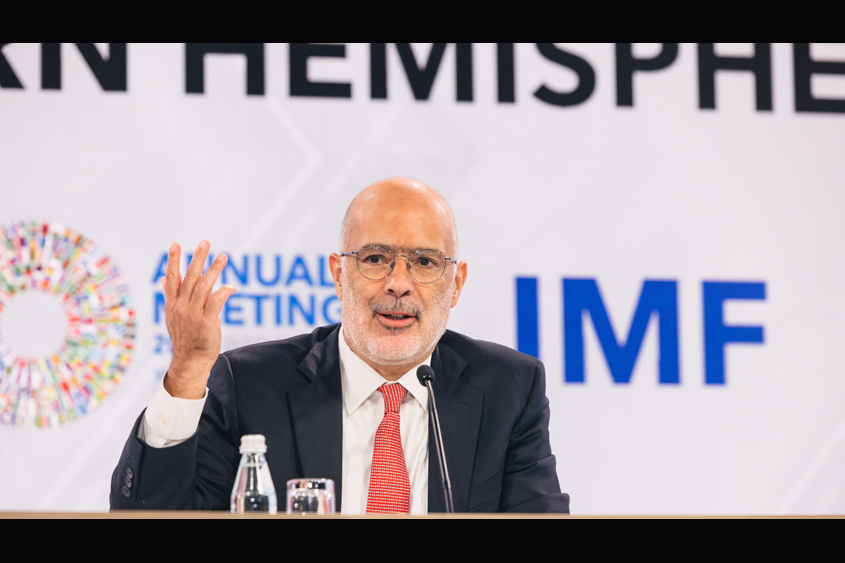
Call to prioritise national issues
While Barbados can benefit from more regional unity to survive in an increasingly insular world, it must urgently fix the increasingly visible societal cracks, which if left unattended “could break our society”. That is the assessment of economist, Senator Dr Crystal Drakes. In her view, there were very few Barbadians who have an issue with regional integration. “When you go to the heart of the matter, it has always been the free movement of people colliding with the national circumstance of citizens in the country,” she said. That national circumstance which Drakes referenced recently during her contribution to debate on the Caribbean Community (Free Movement of Nationals) Bill, 2025 in the Senate included shortcomings in the economic, social and environmental aspects of the society and “even from a national consciousness position”. She noted, for example, that Barbados’ economy had annual growth averaging one per cent over the past 24 years, there was no meaningful economic diversification, the cost of living was the third highest in the Caribbean after the United States Virgin Islands and The Bahamas, wages were “stagnant”, and social, education, and health care services all need improvement. The economist also said another challenge was that about 21 per cent of the workforce was employed by Government, which was “comparable with places like the Nordic countries, without the benefit of the type of fiscal space that they have”. “So, when people have legitimate fears or concerns, this is within the context that these issues are arising as it relates to people coming to Barbados for work, jobs, [and so on],” Drakes said. “This debate has placed regionalism and national development somewhat at odds, and that may be because we feel as though there are things in Barbados that are not going the right way, and they need to be addressed in order for us to have the comfort level in the public domain and in public discourse as it relates to the free movement of persons. “My position is that we do need to have regional integration, I support it, but that has to be done concomitantly with a complete overhaul of some of the systems that we have that currently service the Barbadian public if we want to reside and live in a country that functions in a 21st Century context,” Drakes stated. Her suggestion was to consider having a “smaller Government focusing on core social issues, and leaving all of the other frills to public private partnerships or the private sector, or reduced tax regime concomitant with that reduced Government and allow a level of innovation and creativity to flourish. “This is just an alternative I’m putting out, I’m not saying this is the solution, but what I am saying is a lot of the things that we are currently doing are not working in our favour for us to compete and to continue to be the first mover in a globalised world that is becoming more insular,” she added.


